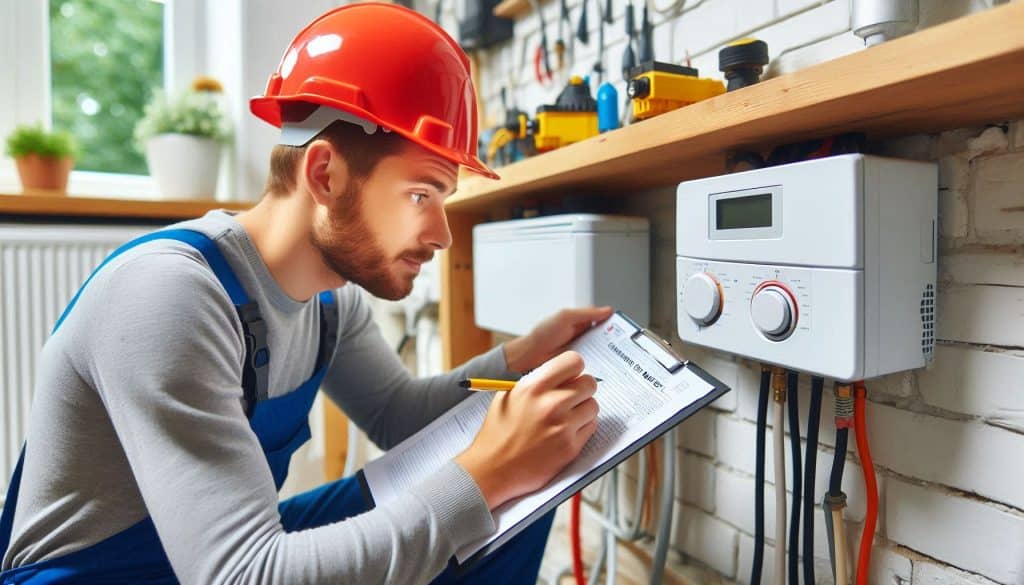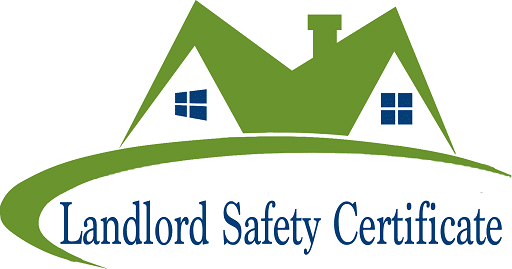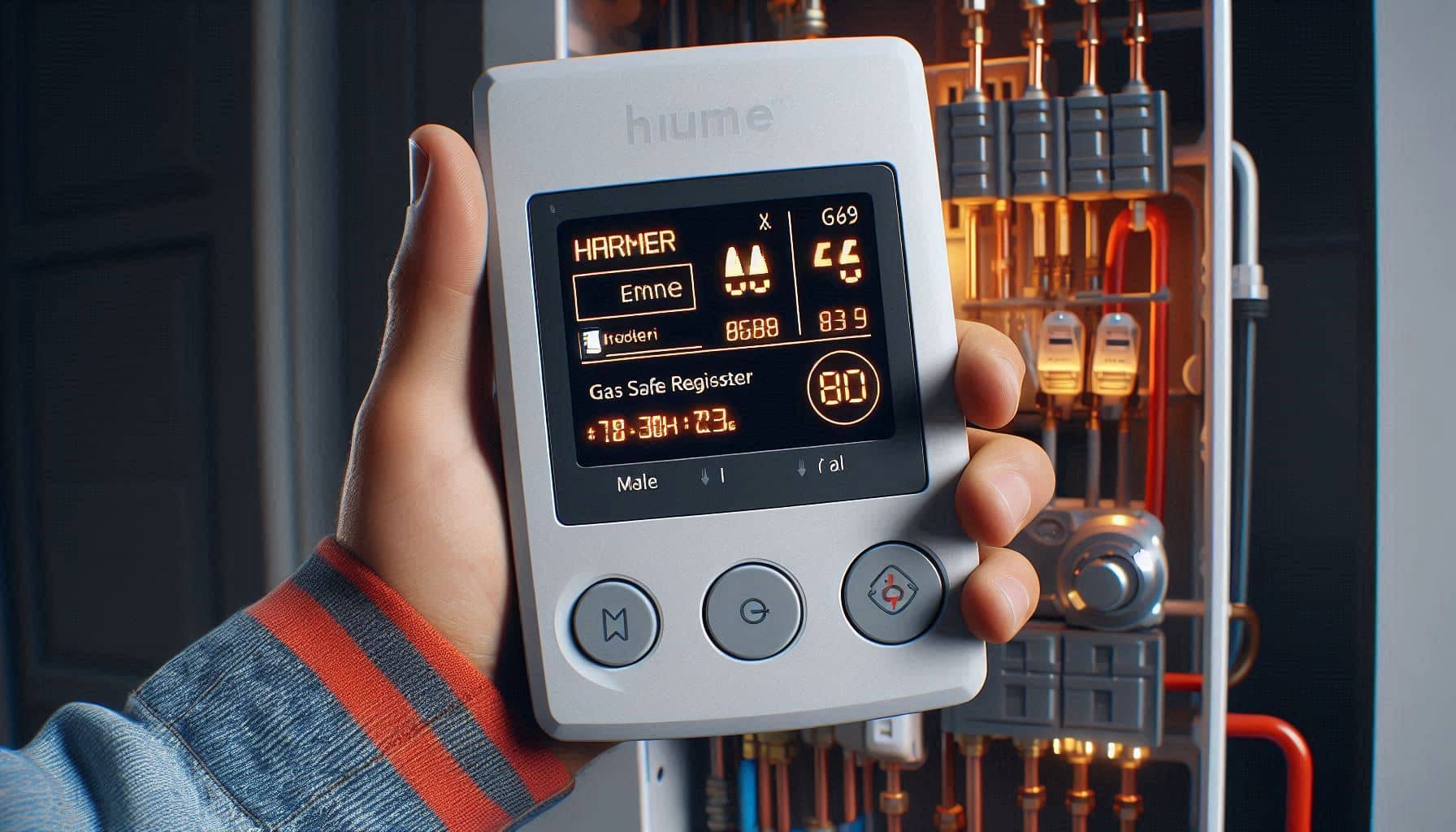
As a landlord in London, ensuring the safety and well-being of your tenants is not only a moral responsibility but also a strict legal requirement. Regular landlord safety inspections and in-depth property safety audits are crucial for maintaining legal compliance, protecting tenants, and securing your property investment.
Failing to meet these obligations can result in serious consequences, from financial penalties to tenant disputes and even prosecution. This blog will explain exactly what is included in a landlord safety inspection and why a full property safety audit is essential—especially for London-based landlords.
London’s property market is fast-paced and heavily regulated. With older buildings, frequent tenant turnovers, and rising compliance standards, carrying out regular landlord safety inspections is non-negotiable. Here’s why they matter:
✅ Legal Compliance: Protects landlords from prosecution and hefty fines.
✅ Tenant Safety: Identifies hazards before they become serious.
✅ Maintenance Planning: Helps budget and plan property improvements.
✅ Reputation Management: Builds trust and retains good tenants.
Whether you’re managing a single flat or multiple properties across London, an organised approach to inspections can help you stay ahead of legal and practical responsibilities.
A core part of any landlord safety inspection is the gas safety check. The UK law mandates:
• Annual Gas Safety Checks: Every rental property with gas appliances must undergo a yearly inspection.
• Gas Safety Certificate (CP12): A certified Gas Safe engineer must issue this certificate.
• Record Keeping: A copy of the certificate must be provided to tenants within 28 days.
This inspection covers boilers, cookers, and gas fires, checking for gas leaks, ventilation adequacy, and appliance safety. Landlords in London should be especially cautious, as older properties often have outdated gas pipework.
Electrical safety is another key element of a property safety audit. As of July 2020, it is mandatory for landlords in England to:
• Obtain an Electrical Installation Condition Report (EICR) every five years.
• Fix any identified issues within 28 days or less.
• Provide a copy of the report to tenants and the local authority upon request.
The EICR checks wiring, sockets, fuse boxes, and electrical appliances. Only qualified electricians should perform this inspection. Failing to provide this documentation could invalidate your insurance or attract legal action.
Fire safety is a top priority during a landlord safety inspection, especially in HMOs (Houses in Multiple Occupation) or multi-storey properties.
Here’s what landlords must ensure:
• Smoke Alarms: At least one on every storey used as living space.
• Carbon Monoxide Alarms: In rooms with solid fuel appliances and, as of recent regulation changes, in rooms with any fuel-burning appliance.
• Escape Routes: Must be clear and adequately lit.
• Fire Doors: Required in HMOs or flats with shared access.
• Fire Risk Assessment: Especially important for communal areas in flats or shared housing.
A professional fire safety assessment can provide peace of mind and help avoid costly consequences in case of an emergency.
In many parts of London, ageing properties present unique challenges. During a full property safety audit, professionals will also inspect:
• Walls and Ceilings: For cracks, bulging, or leaks.
• Windows and Doors: For security and insulation.
• Damp and Mould: Causes serious health concerns and must be addressed.
Damp is particularly problematic in basement flats and poorly ventilated rooms. Early identification during a routine inspection can prevent long-term damage.
No landlord safety inspection is complete without reviewing plumbing systems:
• Leaks and Pressure: Inspect for pipe leaks, low water pressure, and slow drainage.
• Toilets and Taps: Must be in full working order.
• Hot Water Systems: Boilers and immersion heaters must deliver consistent hot water.
• Legionella Risk Assessments: Landlords are responsible for assessing and mitigating risks associated with Legionella bacteria in water systems.
Water safety is often overlooked, but it’s vital for hygiene and tenant satisfaction.
Especially in colder London months, tenants rely heavily on effective heating. As part of your property safety audit, confirm:
• Boiler Functionality: Annual servicing is recommended.
• Radiator Checks: Ensure even heat distribution.
• Ventilation Systems: Prevent moisture build-up and reduce damp.
• Insulation: Proper insulation helps with energy efficiency and tenant comfort.
With energy prices rising, well-maintained heating and ventilation systems add value to your property.
Rodents, cockroaches, and bedbugs are not uncommon in densely populated areas of London. A full landlord safety inspection should include:
• Signs of Infestation: Droppings, odours, or damage to wood or food packaging.
• Blocked Waste Systems: Common cause of fly infestations.
• Gutters and Drains: Should be clear to prevent pest habitats.
Being proactive with pest control improves tenant wellbeing and protects your property.

Inspections aren’t just physical—administration plays a key role in compliance. You must:
• Keep copies of all certificates and reports for at least 2 years.
• Provide tenants with certificates within legally required timeframes.
• Keep a log of maintenance and repairs carried out.
Staying organised helps streamline renewals, reduces risk, and makes property management smoother.
Always provide at least 24 hours’ written notice before entering the property for inspections. After a landlord safety inspection or audit, communicate clearly:
• Explain any issues found
• Offer timelines for repairs
• Ask tenants to report any additional concerns
Transparent communication builds trust and encourages tenant cooperation.
Ignoring your landlord safety inspection responsibilities could result in:
• Fines of up to £30,000
• Prosecution under the Housing Act
• Being banned from letting property
• Tenant claims or disputes
• Loss of property insurance coverage
For landlords in London, where regulation enforcement is strict, staying compliant is essential.
A thorough landlord safety inspection and complete property safety audit are vital components of professional property management. These checks protect your tenants, secure your investment, and help you remain compliant with London’s ever-evolving housing standards.
By staying ahead with scheduled inspections and working with qualified professionals, you create a safe and legally sound environment for everyone involved.
Our team of Gas Safe and NICEIC-certified engineers and inspectors are here to help. Whether you need a one-off check or a full property safety audit, we’ve got you covered.
✅ Fast booking
✅ Full compliance certificates
✅ Expert advice and repair services
📞 Contact us today to schedule your landlord safety inspection in London.

